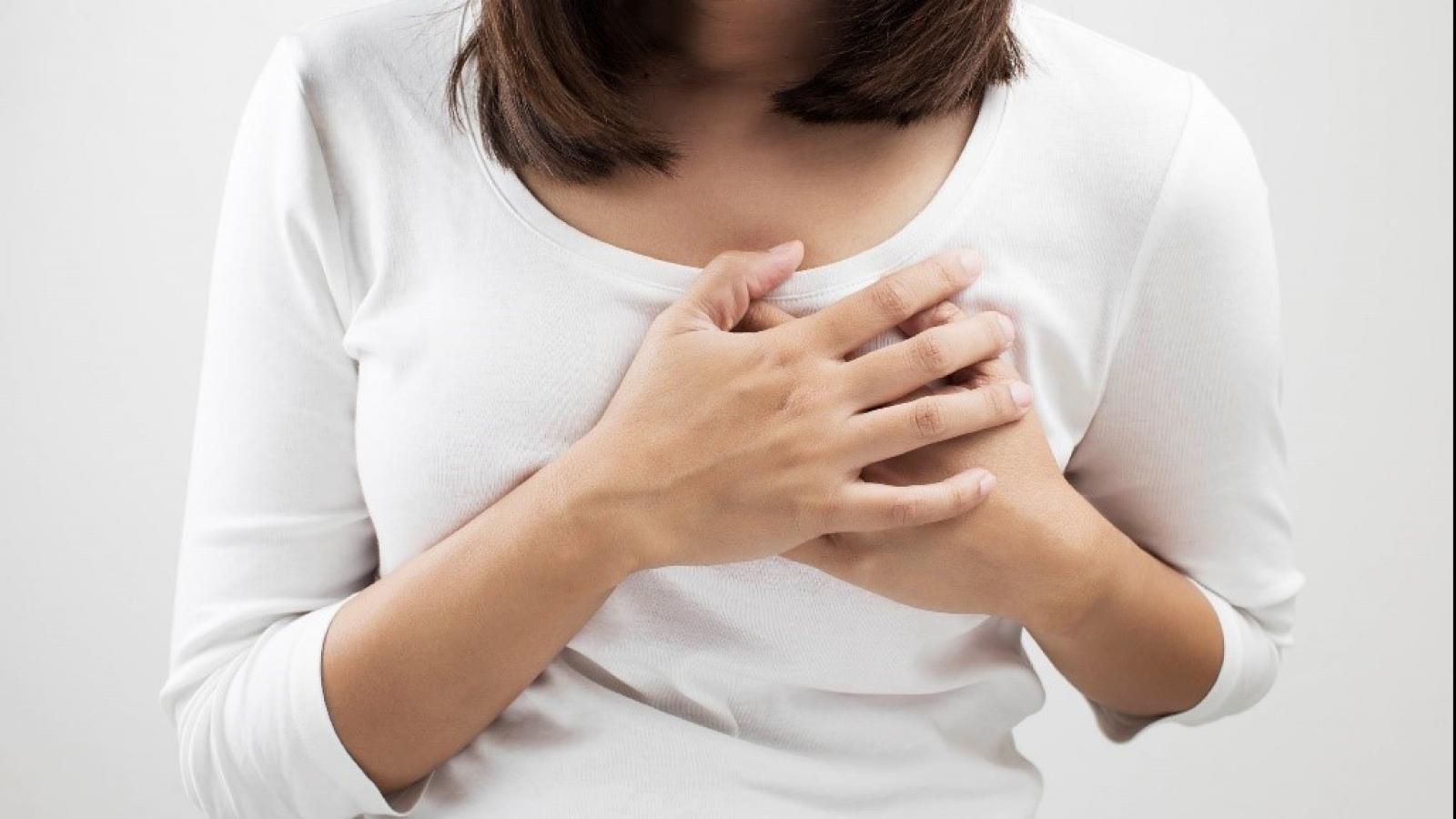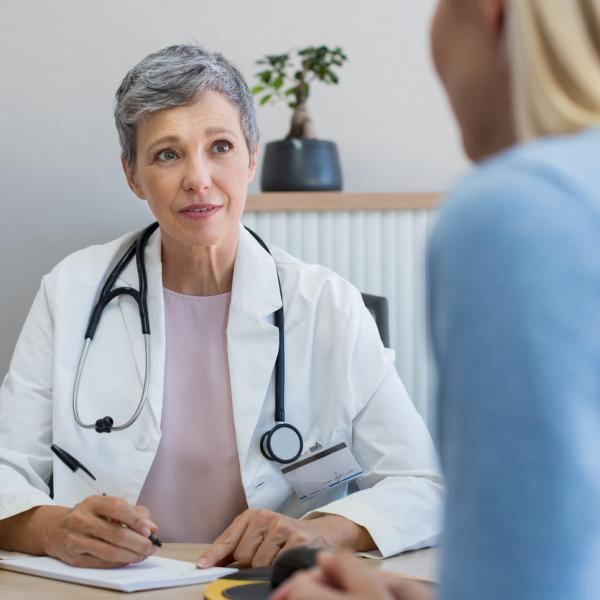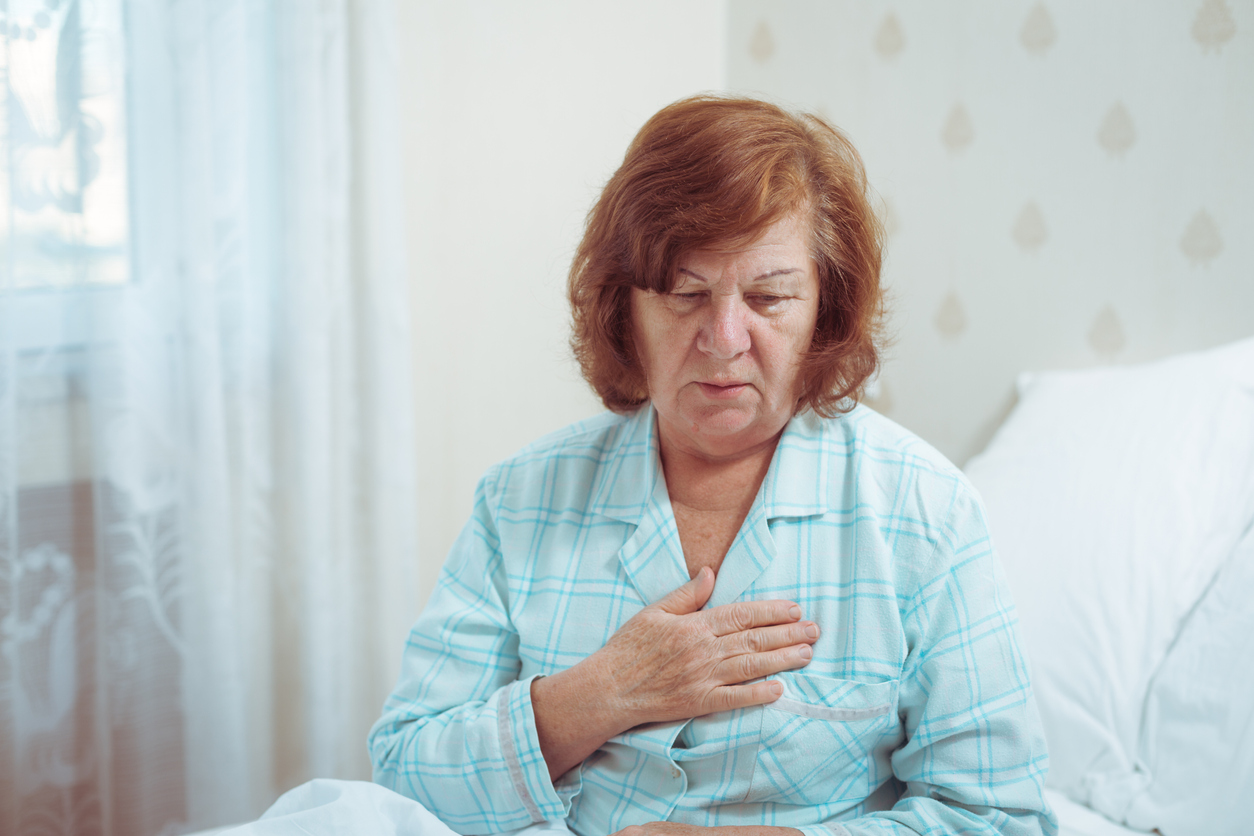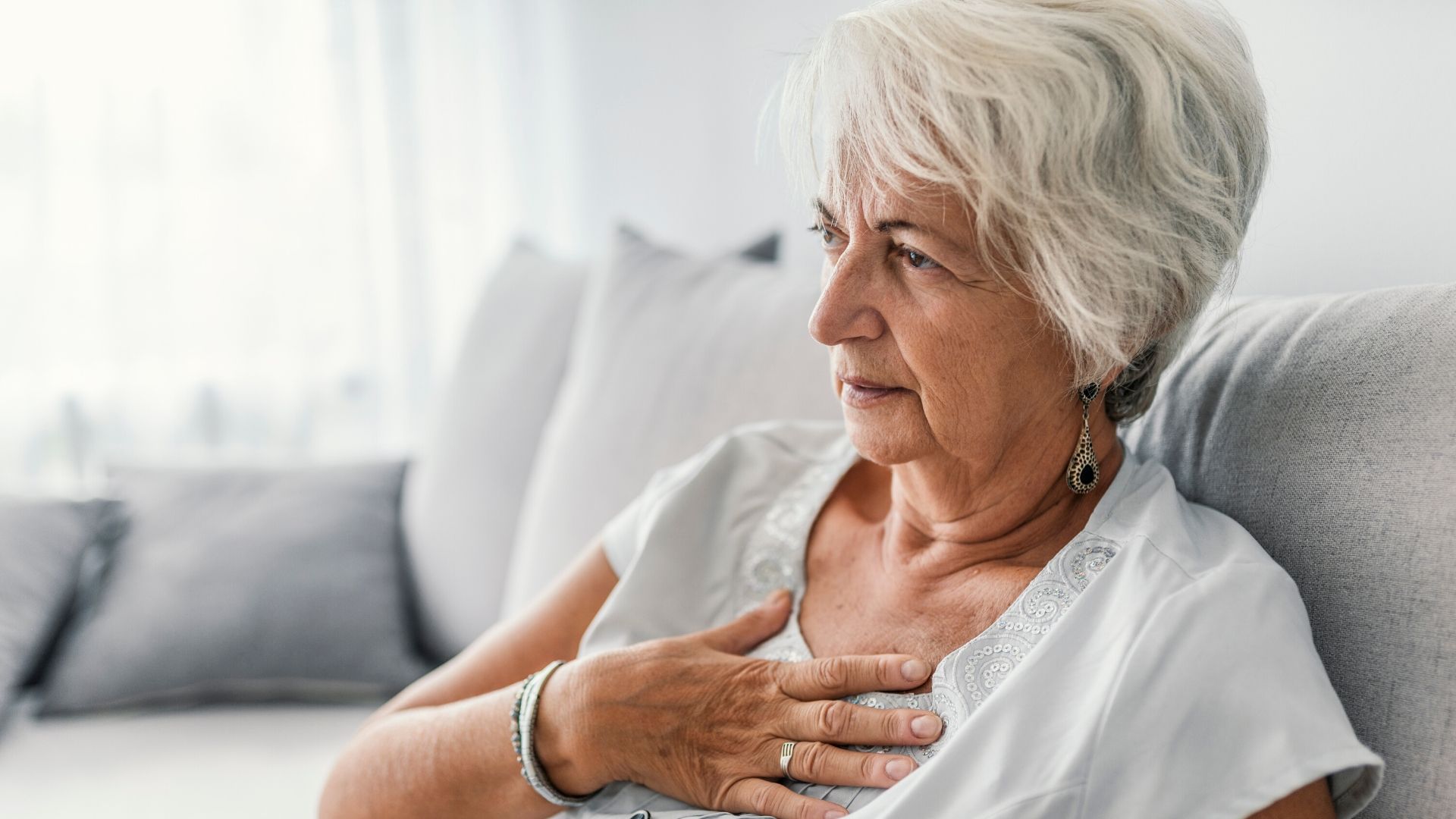Breast pain

What is breast pain?
Lots of women have pain in their breasts. It can happen for different reasons and can be upsetting. If your breast pain is severe it can affect your everyday activities, work and relationships.
You might worry about breast cancer if you have breast pain. But pain on its own is rarely a symptom of breast cancer.
What are the types of breast pain?
- Cyclical: Pain related to the changing level of hormones during your menstrual cycle (period). Often affects both breasts, feels different at different times of the month.
- Non-cyclical: Pain not related to your menstrual cycle, caused by something else.
- Chest wall pain. Pain that comes from the muscles, ribs or other tissues beneath your breasts.
Read more about the types of breast pain and what causes them.

When should I see my doctor?
Breast pain alone is rarely a symptom of breast cancer, but it’s always best to talk to your doctor (GP).
It’s important to make an appointment to see your doctor (GP) if:
- You have breast pain every day for more than a couple of weeks.
- Your breast pain seems to be getting worse over time.
- You have pain in one particular area of your breast.
- Your breast pain interferes with your daily activities.
Getting ready to see the doctor
- If you are still having periods, make an appointment for about 3 to 5 days after your period, if possible.
- Make a list of all medications, vitamins and supplements that you take regularly.
- Keep a note of the times and days when you have pain. Download a breast pain chart.
- Note any other symptoms like skin changes in the area or nipple discharge.
- Write down any questions you would like to ask your doctor.
How is breast pain treated?
Most breast pain does not need to be treated with medication. Often small lifestyle changes can help breast pain.
Lifestyle changes to help breast pain
- Stop smoking. Smoking can inflame your breasts and increase breast pain.
- Put hot or cold compresses on your breasts.
- Wear a firm support bra, fitted by a professional if possible.
- Limit or avoid caffeine.
- Reduce the fat in your diet. This may help your breast pain by changing the fatty acid balance.
- Cut down on salt and eat more fresh fruit and vegetables.
- Try supplements with the essential fatty acid GLA, such as evening primrose or starflower oil. Ask your doctor about this and stop taking them if there’s no improvement within 3 months.
Treatments and drugs
You may be prescribed an oral contraceptive (the Pill) or the dose might be adjusted if you are already taking one.
If you are taking hormone replacement therapy (HRT) after the menopause, the dose may need to be reduced or the drug stopped completely.
Painkillers, such as paracetamol, or anti-inflammatory drugs can help.
If your breast pain is very severe, your doctor may prescribe other medication.
For more information
Phone
1800 200 700


